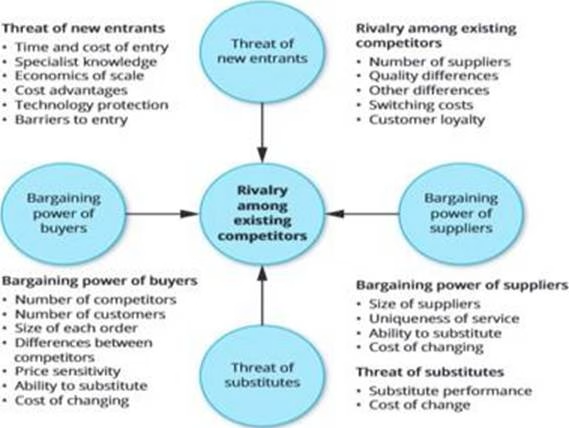Which of the following micro factors are most likely to shift the balance of power to supplier?
Sumitomo Rubber Industries (SRI) is a Japan-based tyre manufacturer. In order to increase production, SRI is sourcing rubber from Southeast Asian firms.
Which of the following micro factors are most likely to shift the balance of power to supplier? Select TWO that apply
A . SRI’s purchase amount makes significant proportion of supplier revenue
B . Costs of changing suppliers are high
C . Rubber from different suppliers is virtually similar
D . SRI sets up its own rubber plantation
E . There are no close substitutes for rubber
Answer: B, E
Explanation:
There are many factors that can influence the balance of power in a negotiation.
These factors are classified into 3 levels:
– Macro level: STEEPLE framework: social, technological, economic, environment, political, legal and ethical
– Micro level: Porter’s five forces:

One-to-one buyer-supplier dynamics.
The question asks about the micro factors that increases supplier’s bargaining power. Among 5
answers, only 2 are likely to increase buyer’s power:
There are no close substitutes for rubber: the buyer has to buy rubber, not any other material.
Costs of changing suppliers are high: buyer entails a large barrier if they want to switch supplier.
Other answers cannot be correct because:
SRI sets up its own rubber plantation: Buyer secures its own supply
SRI’s purchase amount makes significant proportion of supplier revenue: Suppliers are reliant on buyer. If the buyer stops buying from them, they can face serious cash flow problems
Rubber from different suppliers is virtually similar: undifferentiated product would shift the power balance towards buyer.
Latest L4M5 Dumps Valid Version with 162 Q&As
Latest And Valid Q&A | Instant Download | Once Fail, Full Refund

